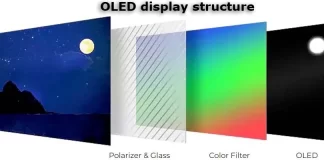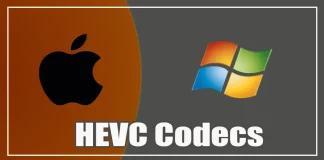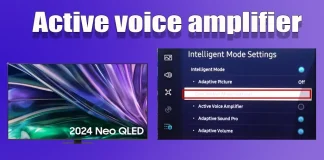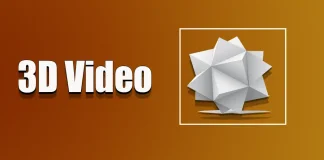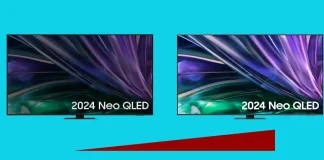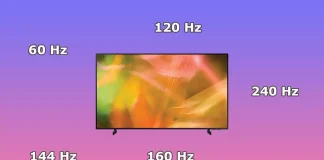Tag: Technology TV’s
Samsung QD OLED vs OLED – here’s what you need to...
The situation with Samsung's OLED TVs is quite intriguing. If you go to Samsung's US site and search for OLED TVs, the description will...
HEVC Codecs, How to Get on Windows and Mac
HEVC (High-Efficiency Video Coding): A video compression standard, also known as H.265, that is more efficient than its predecessor H.264, providing better video quality...
BD WISE Technology Samsung, explained
BD WISE is a technology developed by Samsung that enables various Samsung devices to be automatically configured to work together seamlessly, without the need...
Active voice amplifier in Samsung TVs, explanation and setup
Introduced in 2020, Samsung’s Active Voice Amplifier feature is available in select models equipped with a built-in microphone. This feature is designed to enhance...
3D Video Formats for TVs: Understanding S/S, T/B, C/B, and F/S
In 2011-2012, about 80% of new TVs supported 3D, and in the specifications of 3D-enabled TVs, you can find support for various 3D video...
What DLNA technology is, explained
The Digital Living Network Alliance (DLNA) is a non-profit organization founded in 2003. Its main goal is to develop standards for convenient sharing of...
Subfield Motion on Samsung plasma TV, description, explained
Subfield Motion is a proprietary technology used in Samsung plasma TVs to improve picture quality and reduce blurring in dynamic scenes. Samsung trademarked this...
5K UHD and UHD plus monitors, history of creation explanation
Monitors with 5K (UHD) resolution are not the typical standard resolution, but when they first appeared, companies like DELL introduced their own terms, such...
TV and monitor contrast, backlight, and brightness settings
Two main parameters in TVs and monitors significantly affect the quality of the image: brightness and contrast, and there is also a backlight setting...
Monitor 144 Hz vs 170 Hz vs 240 Hz, explained
There's not much difference, but there's something you should know.


